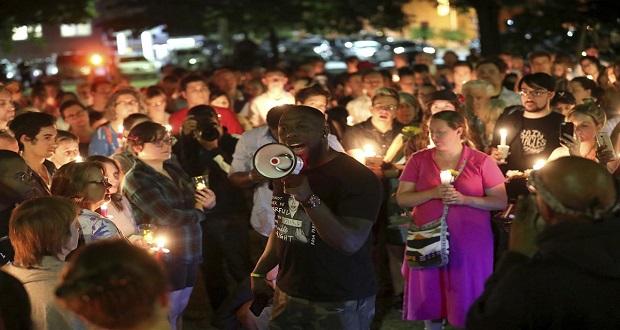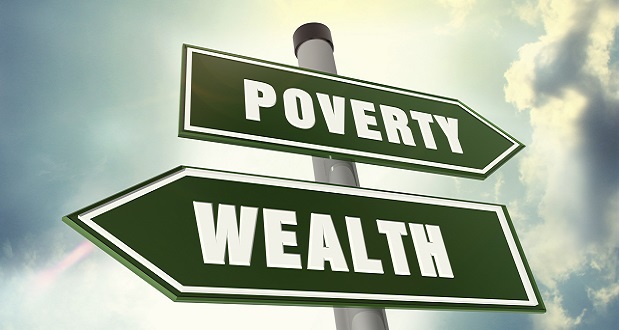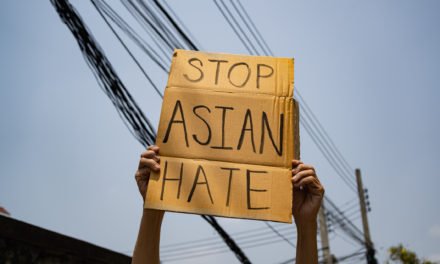This week has been a heartbreaking one.
Two months ago, I began a post with the same words after the Philando Castile verdict and the murders of Charleena Lyles and Nabra Hassanen. I was heartbroken by the way our justice system fails black and brown people and how we as a [white dominant] society too often do not ask for better. The feelings I have this week are similar. Since the tragedy in Charlottesville, I, like many of you, have seen the pictures, watched videos, followed the responses of various important people, and talked with friends and family members about how we MUST do better.
And, I have cried. I have cried for our country, for Heather Heyer and her family, for those traumatized by the violence they experienced, for the college students at UVA who refused to back down, and I have cried for a world in which Nazis take their hoods off and feel comfortable enough to spew their hatred and claim our president as a supporter out in the open.
In this moment in the United States, through our devastation and through our confusion, we have to remember whose voices need to be heard most. I want to revisit the #Stay Woke… Live Inclusively: Decentering the Dominant Narrative post because I think we could all reflect on how we can decenter the dominant narratives we hold at a time when the voices of the marginalized could be the voices of pain that heal our national wounds—if we listen.
Below is an excerpt from the post about Charleena Lyles, Nabra Hassenan, and Philando Castile. As you read, think of Heather Heyer, the black and brown people who are daily asking for greater justice, and the white supremacists and their sympathizers (or those who refuse to condemn them) who are openly threatening their safety:
Imagine what it feels like right now to be a part of any of these identity groups [marginalized groups] and to know that our justice system may not be so just. Now imagine people immediately making excuses for the officers [in this case, white supremacists], asking for more evidence, telling you to not “make it about race,” or widely proclaiming the phrase only meant to shut critical minds and voices down: “We don’t know all the facts, so we shouldn’t say anything.”
These statements are in part harmful because they center the narrative around the police officers or the murderer rather than the men and women who were killed and those who loved them. Put another way, these questions and statements show immediate concern for the safety and innocence of the white men involved and very little concern for the men and women of color who died at their hands.
Decentering reverses that inequity. Decentering the dominant narrative and identity compels us to better care for those whose marginalized identities only further marginalize their feelings of grief or anger. Decentering is simply asking “What does this mean for you?” rather than “What does this mean for me?”
Simple does not necessarily mean easy. It is human nature to think about yourself as the center of your world. After all, your life is the only life you can live. However, staying woke requires more from us. It requires that we center the narrative of those who are suffering from injustice during times of crisis and pain and tragedy. It requires that we unequivocally assert that another’s ability to express pain and suffering, to make it home from Ramadan alive, or to call the police without being murdered, is more important than my discomfort. We must decenter the normative narrative, which too often calls for silence in the face of injustice, in order to center justice and those who need it most.
What are the dominant narratives you hold, and how can you better listen to those marginalized by those narratives? What are the dominant narratives we hold as a country that could be overturned if we all did our part to learn, to listen, and to act?



















